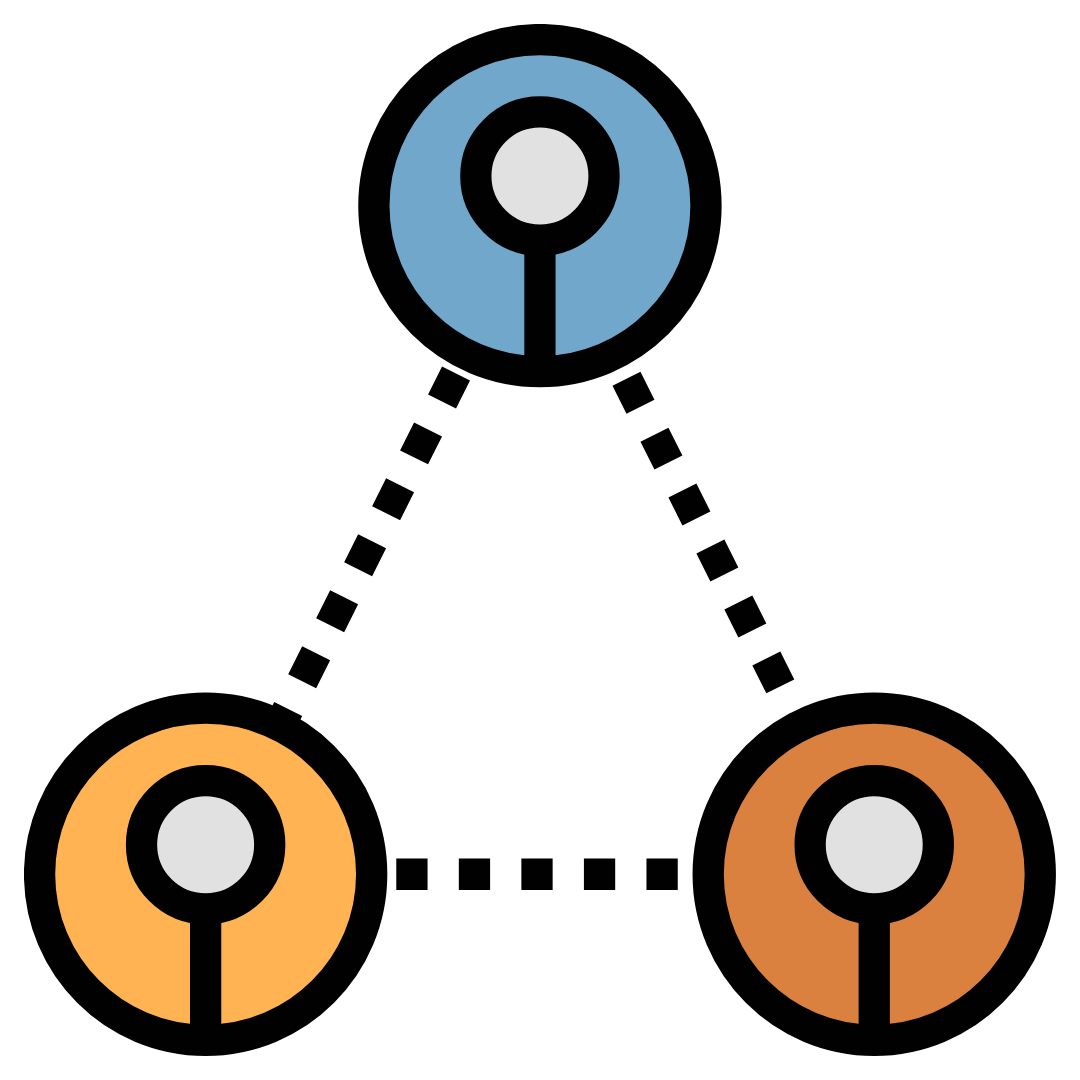Challenges and potential
CHALLENGES AND POTENTIAL FOR FILLING IN THE TRACKER USING QUALITATIVE RESEARCH
 |
The triangulation of techniques in qualitative research, such as document analysis, roundtable discussions, and interviews, is powerful in obtaining the information needed to map the host study through the Tracker. |
Document analysis provides a first approximation through work plans, research projects, reports, and additional materials such as websites, articles, etc. Even so, as it is impossible to capture all the information about the activities associated with each tracker category in the document analysis, the roundtable discussions make it possible to access complementary information and even identify key people to interview. This sequential process can be implemented iteratively until the tracker is completed and/or the information captured about the host study is saturated. To do this, it is essential to determine the level of detail desired in the mapping, ensuring that the proper techniques allow you to capture the data in need.
| Especially in the case of mapping retrospective studies, the process of stimulating memories is necessary so that the participants, both in the roundtable discussions and in the interviews, can recall the experiences corresponding to each category/activity in the tracker. Part of the process of evoking memories is to bring up similar experiences, as well as compare and correlate them with other themes. In this sense, it is the mediator's role to guide the conversation to explore the most relevant themes, | preventing people from getting lost and failing to answer the main questions of the mapping. In doing so, it is essential not to restrict the natural flow of information and the organic way it arises. To exhaust the possibilities of a participant's contribution, you must allow them to organise their thoughts, but also ensure that there is a minimum structure so that the information is effectively transmitted and understood. |
← Previous: 4. Tips |
Next: 6. Resources → |
